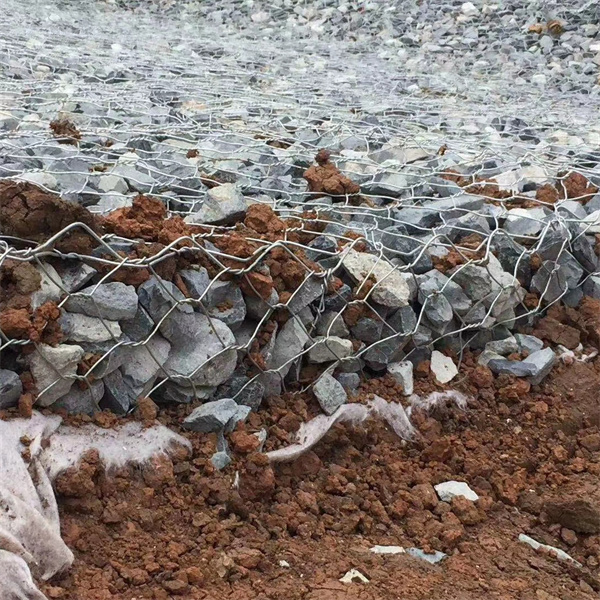снеж . 06, 2024 05:05 Back to list
Wholesale Gabion Stones in Various Sizes for Your Landscaping Needs
Understanding Wholesale Gabion Stone Sizes
Gabion stones are a vital component in the formation of gabion baskets, which are widely used in civil engineering for various applications, including retaining walls, erosion control, and landscaping. When considering wholesale gabion stones, it’s essential to understand the different sizes available and their specific uses, as the size can significantly affect the effectiveness and application of the gabion structures.
What are Gabion Stones?
Gabion stones are typically natural rock materials or crushed stone that fill the wire mesh cages, known as gabion baskets. These baskets are positioned and stacked to form structures that can withstand various environmental pressures, such as water flow, soil erosion, and other natural elements. The strength and durability of a gabion wall largely depend on the size and type of stones used.
Common Sizes of Gabion Stones
The size of gabion stones can vary widely, but they are generally classified into several categories based on their dimensions. Commonly used sizes include
1. Small Gabion Stones (3-5 inches) Ideal for decorative purposes and smaller projects, such as garden borders and pathways, these stones provide stability while enhancing aesthetic appeal.
2. Medium Gabion Stones (5-7 inches) These stones are perfect for landscape applications where a balance between size and visual appeal is required. They are commonly used in erosion control projects and small retention walls.
3. Large Gabion Stones (7-12 inches) Suitable for larger construction applications, these stones are often employed in heavy-duty retaining walls and large-scale erosion control projects, where greater weight and stability are necessary.
wholesale gabion stone size

4. Extra Large Gabion Stones (12 inches and above) These oversized stones are used in situations that require maximum structural integrity, such as in riverbank stabilization and large canyon wall constructions. Their weight and size help withstand powerful forces from water flow and other natural shifts.
Importance of Selecting the Right Size
Choosing the appropriate size of gabion stones is crucial for the success of any project. For instance, smaller stones can fill gaps more effectively and provide a denser structure, essential for locations prone to heavy rainfall or flooding. Conversely, larger stones create a more robust structure capable of withstanding significant impacts from water or earth movements.
Additionally, the choice of stone size impacts how quickly the gabion structures can be filled and constructed. Smaller stones may allow for a more intricate design, while larger stones often lead to faster installation times.
Sourcing Wholesale Gabion Stones
When looking to source wholesale gabion stones, it’s essential to work with reputable suppliers who can provide consistent quality and size. Bulk purchasing can lead to significant cost savings, but ensure that the chosen supplier adheres to industry standards for stone quality and grading.
Moreover, consider the transportation and delivery aspects as the weight and volume of gabion stones can significantly affect logistics. Working with local suppliers can help mitigate some transport costs associated with large loads.
Conclusion
Understanding the different sizes of wholesale gabion stones is fundamental for anyone involved in construction, landscaping, or environmental management. Each size has its unique benefits and applications that suit different project specifications. By selecting the appropriate gabion stone size, one can ensure enhanced stability, functionality, and aesthetic value, ultimately leading to the successful completion of the project. Investing time to learn about these details can make all the difference in the performance and durability of gabion structures.
-
HESCO Gabion Baskets for Coastal Erosion Prevention
NewsAug.22,2025
-
Longevity and Durability of River Rock Gabion Walls
NewsAug.22,2025
-
How to Integrate Gabion 3D Walls in Urban Planning
NewsAug.22,2025
-
Reno Mattress Gabion Applications in Civil Engineering
NewsAug.22,2025
-
How to Install Wire Mesh for Gabion Baskets Properly
NewsAug.22,2025
-
Best Materials for Filling a Chain Link Gabion
NewsAug.22,2025
-
Wire Mesh Thickness Impact on Gabion Wall Load Bearing
NewsAug.12,2025






